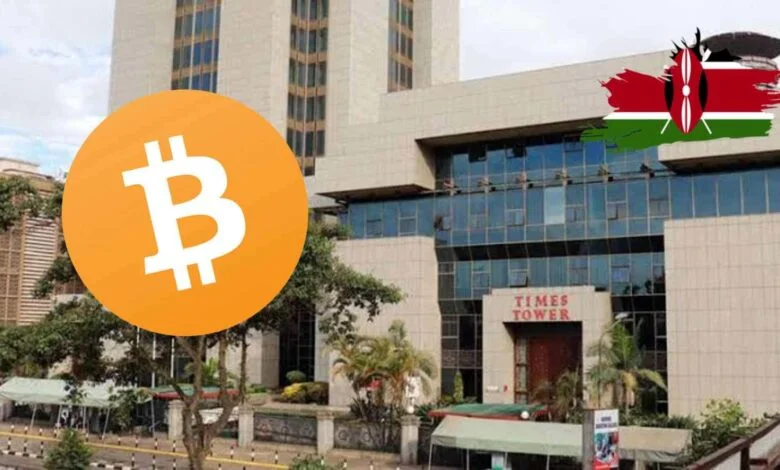Historically, Kenya’s crypto market has struggled with regulatory oversight, largely due to skepticism from institutions such as the Central Bank of Kenya (CBK) and the Capital Markets Authority (CMA). The CBK notably issued warnings against cryptocurrency trading as early as 2015, and in 2020, regulators intensified their caution following a wave of crypto scams.
Despite this climate of mistrust, the crypto market in Kenya has continued to thrive, buoyed by global acceptance and rising asset prices. In a shift towards regulation, the CMA proposed amendments in 2023 to classify “digital currencies” as securities, which would facilitate taxation by the Kenya Revenue Authority (KRA). This year, the KRA reported collecting KSh 10 billion from crypto dealers, largely due to a 3% tax imposed on the transfer and exchange of digital assets.
The push for regulatory measures has been spearheaded by the Blockchain Association of Kenya (BAK), in collaboration with various stakeholders to introduce the Virtual Assets Service Provider (VASP) Bill in March 2024. This bill aims to establish a dedicated office responsible for overseeing Kenya’s crypto market. Kenya Crypto Bill
“The cross-border nature of Virtual Assets and Virtual Assets Service Providers further compounds the risk, as noted in the VAs/VASPs ML/TF National Risk Assessment Report for Kenya, which was finalized in September 2023,” emphasized CS Mbadi. “These risks underscore the urgent need for a comprehensive legal and regulatory framework to govern VAs and VASPs to ensure the safety and integrity of Kenya’s financial system.”
